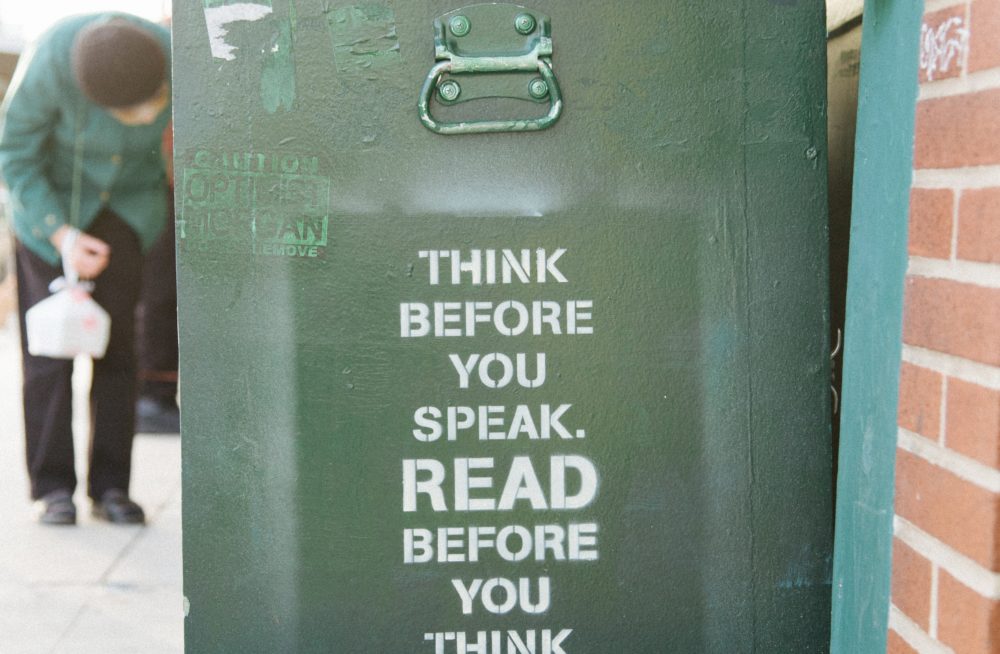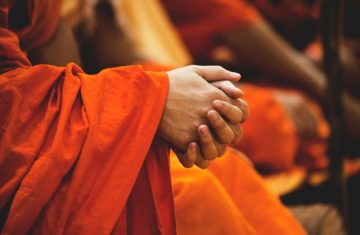It’s a new month and that means it’s time to practice another of the ten Buddhist paramitas. The paramita for February is wisdom, or prajna. In Buddhism, prajna consists of two parts: right view, and right understanding.
Right view means seeing things as they truly are; in other words, not seeing the image, or the illusion, or the delusion, but the thing itself. It requires clarity of mind and discernment, because it asks us not just to see, but to see beyond. Right view is absolute, in the sense that what is seen in truth simply is.
Right understanding means seeing the connection between things. When we have right understanding, we recognize that we live in a deeply interconnected world. What I do affects you, and what you do affects me. And more than that, our choices extend far beyond us: the environment, someone else’s mood, the next generation.
When we situate ourselves in this web of interconnectedness, we become wise because we finally see our responsibility to act without harm as best we can. We finally realize the extent to which our lives, choices, actions, and words truly matter. While right view is absolute, right understanding is deeply relative. It’s ingrained in the everyday nature of things, and in the particularities of our lives.
I’ve been pondering something Lama Surya Das said about the Buddha’s wise follower, Shariputra.* Shariputra was a tailor, and when he sewed at night, he would light a candle on an altar of Manjusri, who embodies Wisdom. Legend has it that Shariputra received the qualities of wisdom simply because he had the occasion to gaze at Manjusri for so many hours.
You may or may not find that story moving (or believable), but then Das wrote this: “He put himself in a position to ‘see’ and to experience inner illumination, and these are essential steps in becoming wise.”
Shariputra became wise because he put himself in a position to see.
One of the primary ways we can do this today is by seeking out voices that are not our own. We can diversify our teachers and recognize the limits of our own experiences and contexts.
So my first attempt to practice wisdom this month is this: I’m going to spend the next 28 days working through Layla Saad‘s Me and White Supremacy workbook. It’s a free download, though if you find it helpful, you can offer a donation or support her work on Patreon. The workbook takes 28 days, and February has exactly 28 days. Seems to be a serendipitous path for me to learn how to be wiser about my own privilege. I want to learn to be a better ally.
That’s my first step. I’m sharing it with you in this first post of the month in the hopes that you’ll consider joining me if you’re white.
In a world rampant with racism, being wise means doing the hard work of confronting the biases within ourselves, and trying to do better.
*I’ve been making my way through Lama Surya Das’ book, Buddha Is As Buddha Does, which is a reflection on the ten paramitas. I highly recommend it.




